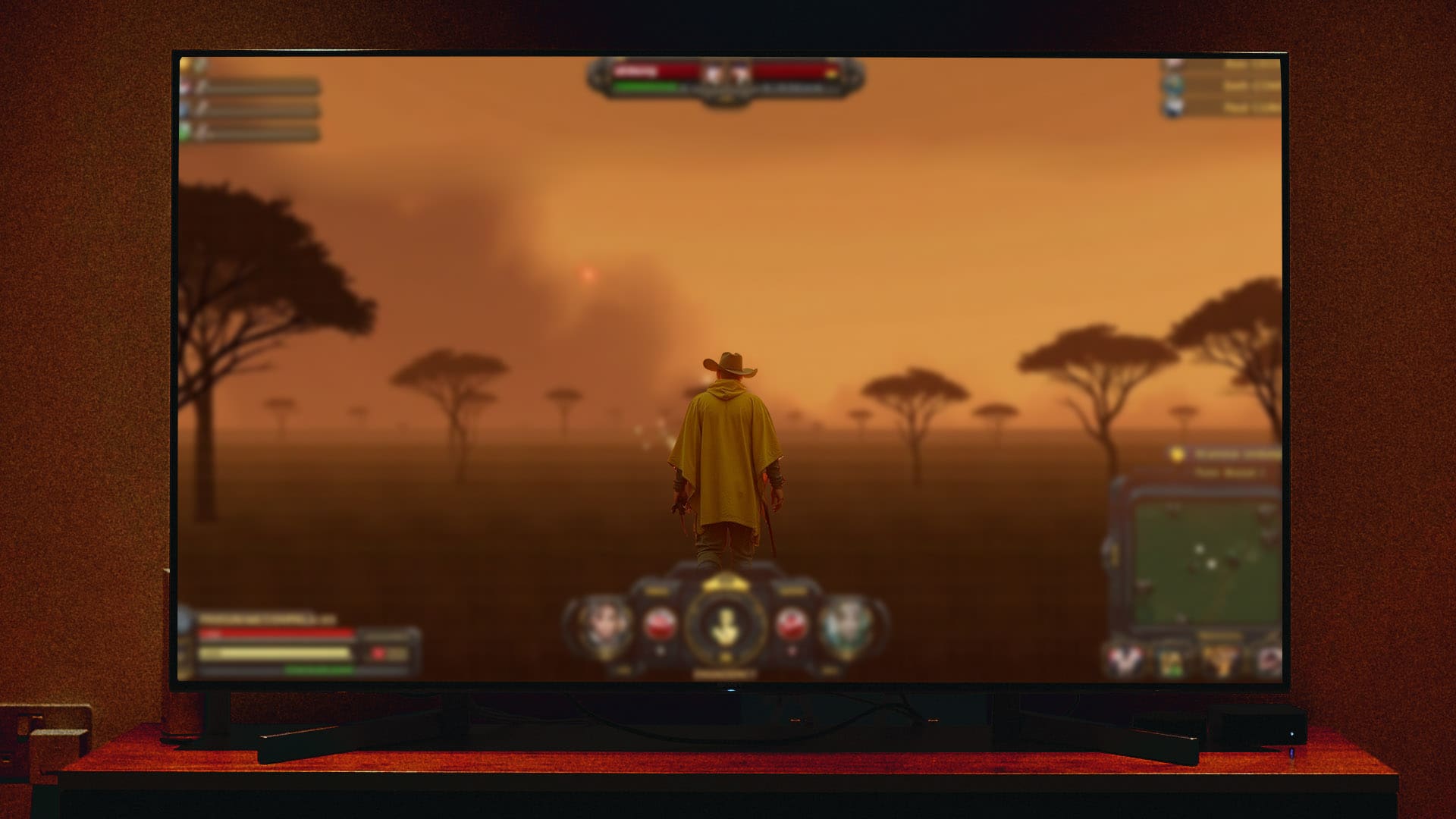Open world games exploded into popularity largely thanks to expansive PlayStation franchises like Grand Theft Auto and The Elder Scrolls. Their appeal lies in vast, sprawling environments where players are free to explore at their leisure. Over time, however, this boundless design philosophy has started to reveal its cracks.
I love losing myself in open worlds.
There’s something intoxicating about knowing you can set off in any direction, discovering hidden caves, side quests, or just taking in the scenery. But increasingly, it seems developers are prioritizing scale over meaningful content, leading many to wonder if the worlds they’re creating are becoming too open for their own good.
The Allure and Pitfalls of Freedom
When done right, open worlds are spectacular. PlayStation exclusives like Horizon Zero Dawn and Ghost of Tsushima highlight how a well-crafted setting can elevate storytelling, offering countless side adventures that enrich the main plot. These games masterfully balance exploration with purposeful activity.
Yet, the success of these titles also set an unrealistic standard. Bigger worlds started to feel obligatory, even if they diluted the experience. Consider Assassin’s Creed Valhalla, a game bursting with detailed lore but often criticized for its overwhelming scale. It’s a game where exploration sometimes becomes exhausting rather than exhilarating.
When Bigger Isn’t Better
PlayStation’s catalog offers plenty of examples where less could’ve been more. Take Days Gone, for instance. Its vast, zombie-infested Oregon is impressive, but after hours of repetitive tasks and fetch quests, the scale begins to feel burdensome. Rather than compelling freedom, players get chores.
The same issue haunts Far Cry 6. Despite visually stunning Caribbean landscapes, the game’s repetitive nature, capturing outposts, completing similar missions, and endless collectibles, starts feeling redundant.
This constant loop dilutes the thrill of exploration, turning excitement into monotony.
Balancing Scope and Depth
Thankfully, PlayStation exclusives like Marvel’s Spider-Man demonstrate how to perfectly balance openness with narrative-driven gameplay. Swinging through Manhattan feels thrilling yet focused, blending side quests that never feel meaningless. The environment encourages freedom without overwhelming the player.
Similarly, God of War Ragnarok adopts a semi-open approach. Its worlds feel expansive yet remain carefully curated, guiding players toward impactful encounters. These smaller yet meticulously detailed worlds manage to offer exploration without sacrificing narrative momentum.
The Problem of Empty Spaces
One of the most noticeable issues in open world design is empty space. Games like Death Stranding, though artistically unique, sparked divisive reactions. Many found its sprawling, desolate landscapes meditative, but others criticized the vast emptiness as tedious filler, leaving players bored rather than intrigued.
This isn’t isolated to one title. Red Dead Redemption 2, despite its critical acclaim, received mixed reactions about its pacing. Its deliberate realism occasionally translated to empty stretches of riding across wilderness, causing some players to disengage entirely from the experience.
After spending hours exploring every corner of massive PlayStation worlds like Ghost of Tsushima or Horizon Forbidden West, players often find themselves seeking a simpler, more laid-back gaming experience. Open-world titles demand constant attention, strategic planning, and significant emotional investment. By contrast, casual games, such as those found at casino platforms like WinBetZillo, offer straightforward sessions without complex storylines or sprawling maps, providing quick entertainment without long-term commitments.
The appeal lies in accessibility and immediacy, elements often missing from expansive games that require meticulous quest management or intense combat scenarios. This relaxed, casual interaction provides a refreshing break from open-world adventures, where the gameplay loop can sometimes feel more demanding than leisurely.
Of course, this is one of those “to each of their own” situation, but that doesn’t mean we can’t have both, don’t we? A little bit of everything to keep us wanting to explore don’t only the vastness of open world games, but the different types of gameplays that other platforms provides us with.
The Future: Quality Over Quantity
As open world games evolve, there’s an increasing realization among developers that simply expanding the map isn’t enough. Recent PlayStation titles suggest a shift toward more meaningful content density rather than mere spatial vastness.
Elden Ring, for instance, brilliantly exemplifies how vast worlds can feel meaningful. Its landscapes are intricately designed, packed with secrets, surprises, and memorable encounters. Players feel rewarded for their curiosity rather than burdened by endless repetition.
Similarly, upcoming titles like Marvel’s Wolverine and the sequel to Ghost of Tsushima promise focused experiences where the openness serves the narrative rather than overshadowing it. Developers seem to have recognized that impactful exploration doesn’t require overwhelming scale.
The good thing for the players is that they’re getting a lot for their money, literally. The possibilities don’t end with the storyline, that just one path to take, as with this level of freedom, you feel like you got what you paid for, and then sum. Just look at Grand Thef Auto, prime example of just that, a never-ending title.
Finding the Sweet Spot
The best open worlds strike a balance, providing expansive, detailed spaces while ensuring every part feels purposeful. PlayStation exclusives continue to demonstrate how quality content, careful pacing, and thoughtful world design can maintain player engagement without overstretching attention.
Ultimately, open worlds shouldn’t just be impressive in size. They should feel alive, meaningful, and worth every moment spent exploring. It’s not about limiting freedom; it’s about crafting worlds where every exploration enriches the overall experience.

